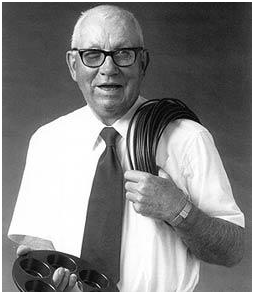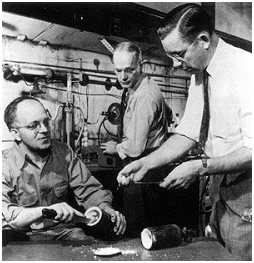From the 1930s to the present, beginning with neoprene and nylon, the American chemical industry has introduced a cornucopia of polymers to the consumer.
Teflon, discovered by Roy J. Plunkett at the DuPont Company’s Jackson Laboratory in 1938, was an accidental invention—unlike most of the other polymer products. But as Plunkett often told student audiences, his mind was prepared by education and training to recognize novelty.
Education and DuPont
As a poor Ohio farm boy during the Depression, Plunkett (1910–1994) attended Manchester College in Indiana. His roommate for a time at this small college was Paul Flory, who would win the 1974 Nobel Prize in Chemistry for his contributions to the theory of polymers. Like Flory, Plunkett went on to Ohio State University for a doctorate, and also like Flory he was hired by DuPont. Unlike Flory, Plunkett made his entire career at DuPont.


 Malaysia
Malaysia